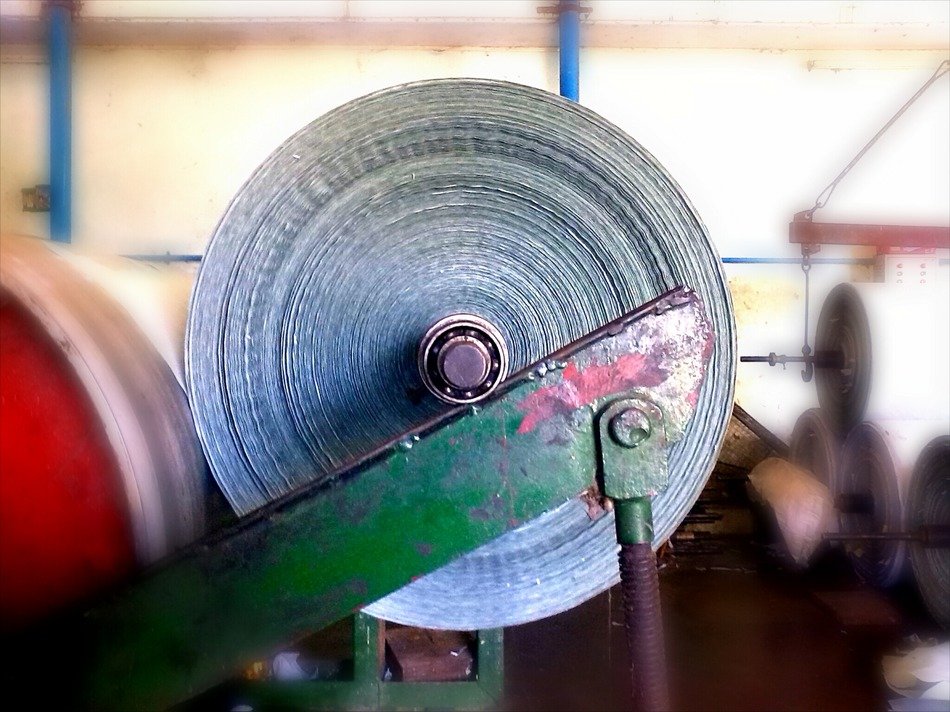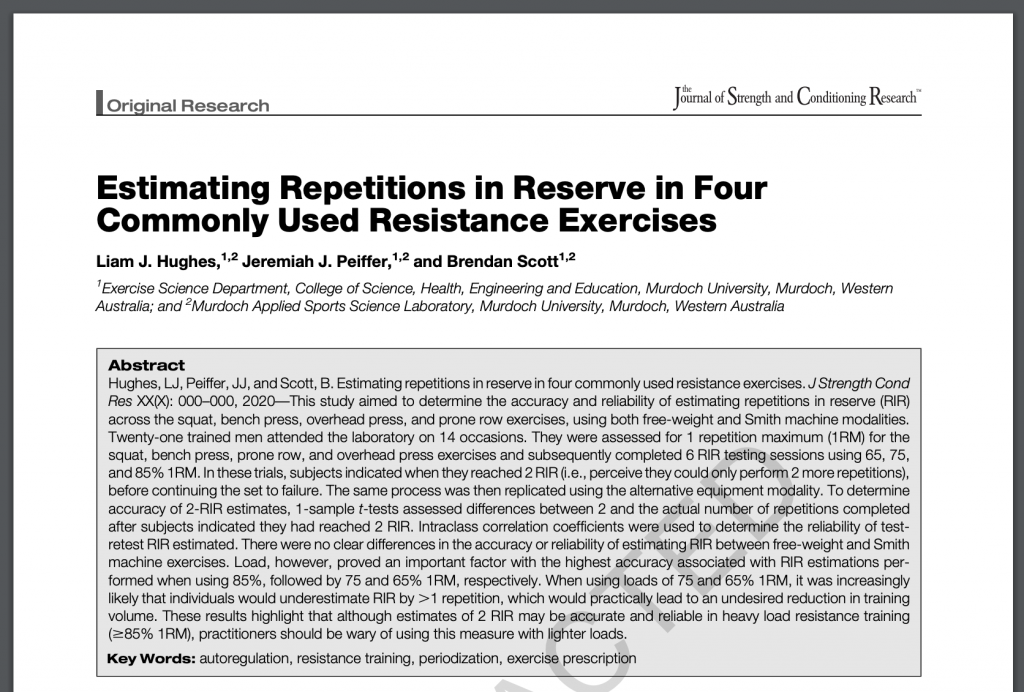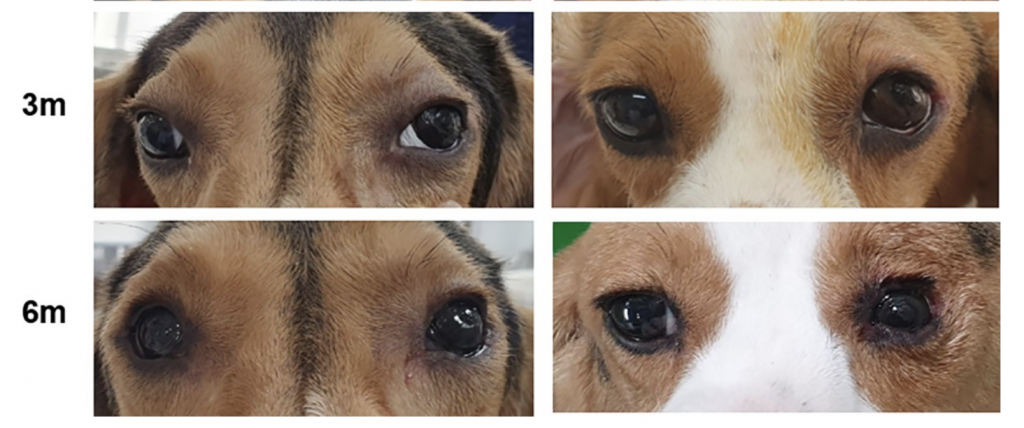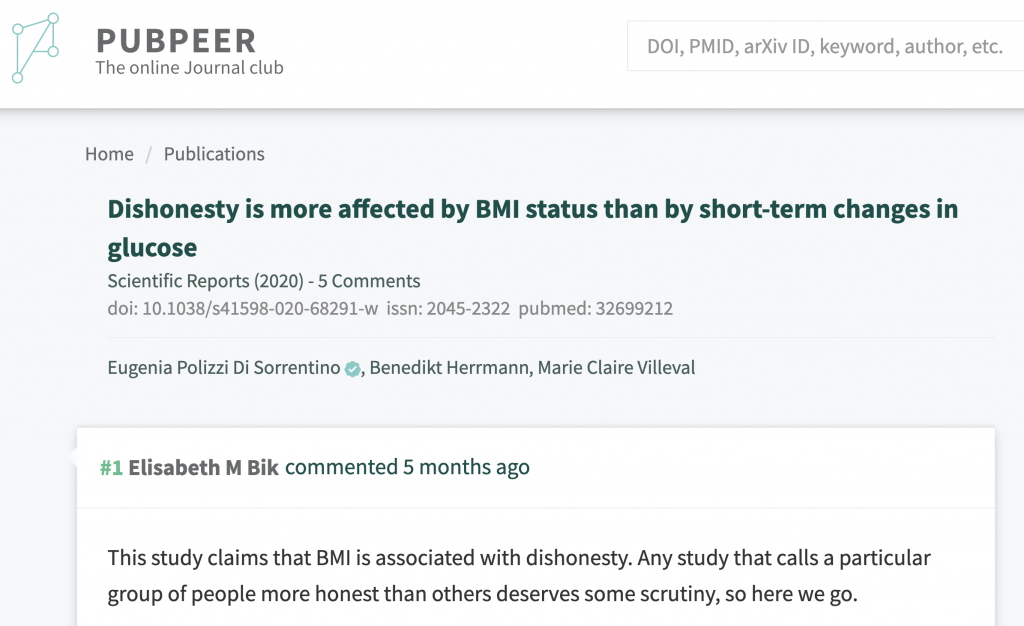
An anniversary has prompted this reconsideration of the revolution in biochemistry that wasn’t: the “arsenic bacteria.” Just over 10 years have passed since an infamous Dec. 2, 2010, NASA press conference, which promised the revelation of “an astrobiology finding that will impact the search for evidence of extraterrestrial life.”
Of course, nothing of the kind occurred. The carefully curated moment was less informative for its scientific value — in effect, nil — than for what it says about how years of attention-seeking and speculation in biology can drive an agenda. Equally concerning, despite the intervening decade in which other researchers debunked the overhyped result, is that the journal involved has yet to retract the article in question, allowing it to live in a zombie state.
The announcement at the press conference was, to the disappointment of many, the supposed “discovery” of a microbe that could grow on arsenate in the absence of phosphate and incorporate arsenic instead of phosphorus in macromolecules such as nucleic acids and proteins that was being published in Science. Steven Benner (referring to himself as a curmudgeon) was the only individual at the press conference who talked real sense by undermining the claims. Mary Voytek, NASA Senior Scientist for Astrobiology (a position she still occupies) employed a Star Trek analogy:
Continue reading Why one biologist says it’s not too late to retract the “arsenic life” paper







